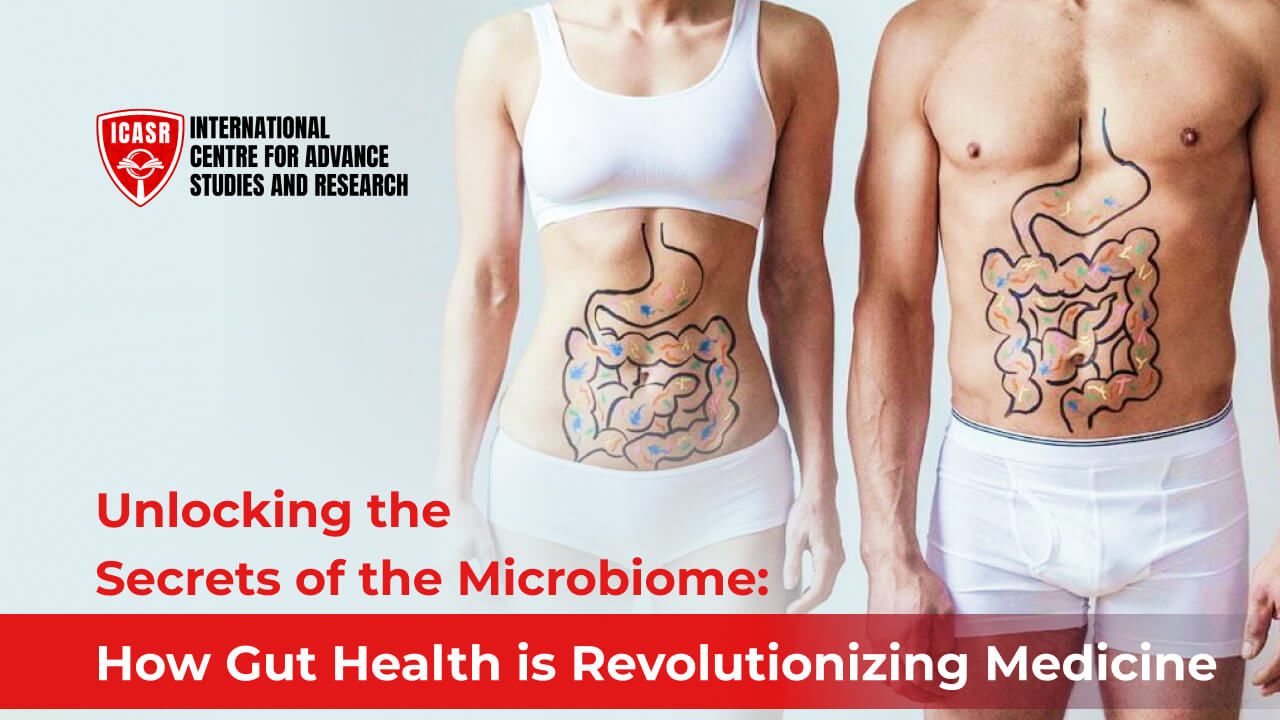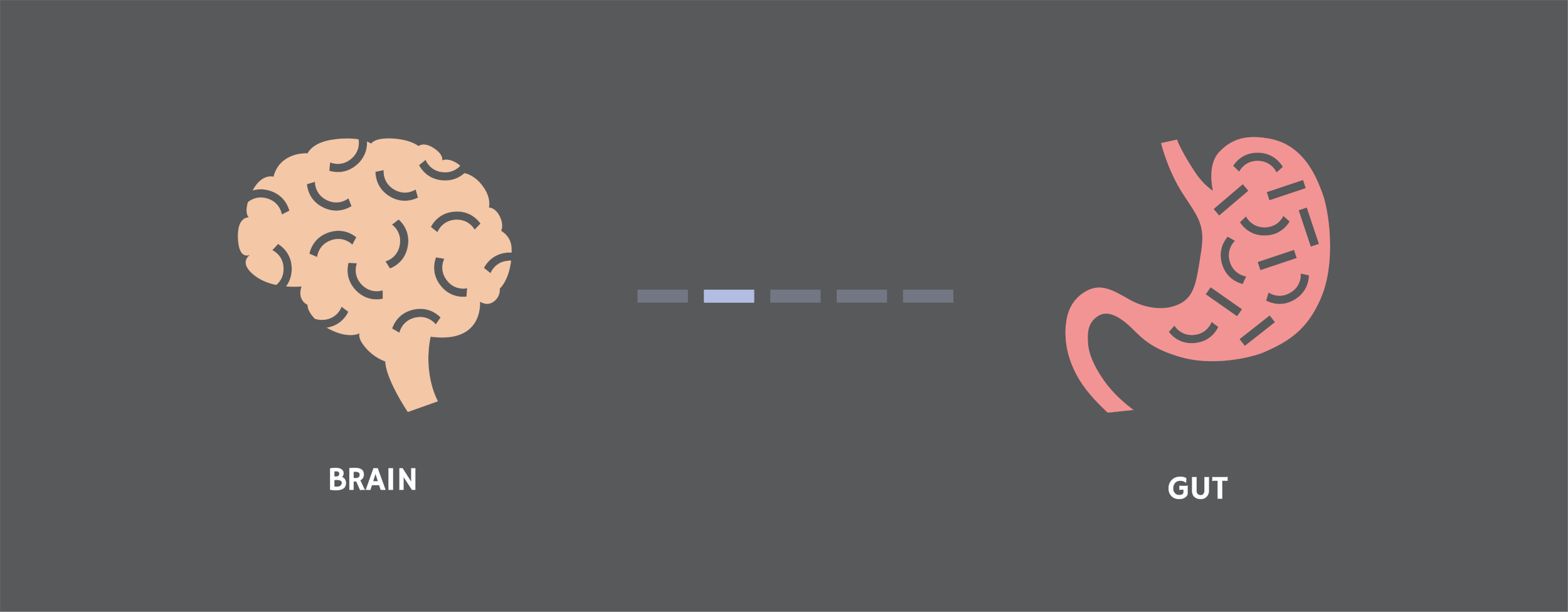"Good gut health isn't just about digestion; it's about overall well-being. A happy gut means a happier you."
Gain significant advice for unlocking the Secrets of the Microbiome.
The Microbiome encompasses Microbes which includes bacteria, fungi, viruses and the genetic information that inhabits the human body cell structure. Microbes are organisms than cannot be seen by naked eye since they are very small and they are involved in human life. Composition of the gut microbiota influences the processes of digestion and has an impact on immune system. The obesity of the intestines either with healthy microbes or unhealthy microbes cause weight gain, high blood sugar, high cholesterol, and other diseases. The microbiota alone has been considered in recent years as one of the most important poles of research in medicine changing the view at health and disease. This delicate system plays crucial roles in a myriad of physiological processes and is by no means confined to the stomach’s realm. Indeed, an increasing number of scholars are realizing that the gut Microbiome or the intestinal flora is the key to a healthy body, disease prevention, and a proper mind.
Maintain a healthy Microbiome:
It is essential to maintain a healthy Microbiome by restoring the proper balance of Microscope organisms in every organ, which is the most promising and challenging task of modern medicine. You can unlock the secrets of microbiome therapies and explore the dynamic microbes with humans through metabolomics and their manipulation. There are some everyday things that you can do to maintain a healthy microbiome.
Eat a balanced diet and ensure you have a variety of fresh foods, especially from plant sources like fruits, vegetables, legumes, beans, nuts, and whole grains.
You can take probiotics and eat fermented foods significantly.
If you eat prebiotic fiber, reduce stress, and avoid unnecessary antibiotics, you can easily maintain a healthy microbiome.
Doctors always recommend that you exercise regularly and get enough sleep.
Likewise, it is necessary to restore a dysfunctional microbiome in some cases. One procedure that can compete with fecal microbiota transplantation involves introducing healthy human donor stool into a patient's gastrointestinal tract. It can treat debilitating gastrointestinal infections, such as Clostridium difficile.
What is the role of microbiome in cancer therapy?
Intact Microbiota regulates the tumor microenvironment by modulating the tumor-infiltrating myeloid cells. Hence, using it with an anticancer component, intact microbiota, may improve the response to chemotherapy or immunotherapy. It responds to the gut microbiota, which can directly affect chemotherapy efficacy. For example, Fusobacterium nucleatum can activate autophagy to promote chemoresistance in a TLR4/MYD88-dependent manner. It can also upregulate BIRC3, which directly inhibits caspase and cascade, leading to chemoresistance.
What is faecal microbiota transplantation?
FMT is an investigational procedure in which non-synching fecal matter from a healthy adult, preferably a human, is transplanted to a/k/a/pediatric patient through colonoscopy or enema, nasogastric intubation or capsules. It is used in severe primary gastrointestinal infections primarily caused by Clostridium difficile which are recurrent even with antibiotics. C diff is a painful infection that gives awful diarrhea, and in the America only in the year 2011, C diff caused number of deaths in adults. The infection cannot be treated with antibiotics any more; therefore, your child’s doctor is going to recommend Fecal Microbiota Transplantation which is the best option. FMT which applies healthy fecal matter to rectify the diseased gut is base on it and is now under study for many diseases It is based on the successful treatment of c.diff infections, FMT, which is now being considered for many diseases. At any rate, it remains part of the experimental treatments and should not be done without the instructions of a doctor.
How does FMT work?
The GI tract has an ecosystem of thousands of bacteria and other organisms that help you keep the body healthy. So, when your child is given an antibiotic, it allows you to check out the growth of disease-causing bacteria such as C. diff. If you go through the transplant, good microorganisms from the donor stool are infused into the patient, who has healthy bacteria and begins to grow, and C. diff is prevented from recurring. Stool donors are rigorously screened, and stool samples that are extensively tested are being used for FMT. It is an exciting potential treatment for IBD, which will be found in the gastrointestinal tract, and that's the theory behind a pair of new studies investigating the possible role of FMT in treating Crohn's disease and uncreative colitis in children.
The Microbiome in Cancer Chemotherapy:
The microbiome is one of the best treatments, and it has beneficial responses to cyclophosphamide, helping to increase instential permeability and allowing bacterial translocation, resulting in the maturing of T helper 17 cells within the lamina propria and effector lymph nodes. It facilitated a Microbiome in cancer therapy and understand the FMT procedures using the best techniques below.
1.Colonoscopy:
A thin, hollow tube with an attached camera and a catheter-tipped syringe is placed up the colon. It is used to inject donor stool through the channel. This magnificent treatment systematically provides quick and easy repose.
2.Enema:
A fecal enema will often need to be performed more than once, as the donor stool doesn't reach the colon. You will find the best treatment when you go through the clear fluids and abstain from eating for 24 hours before the procedure.
3.Nasogastric NG tube:
When it comes to using a thin, flexible feeding tube, doctors insert a donor through the patient's nostril, down the throat, and into the stomach.
4.Oral Capsules:
Such kind of capsules is known as Poop Pills, which you can take to avoid unnecessary trouble during Fecal Microbiota Transplantation.
How Gut Health is Revolutionizing Medicine?
When it comes to recognizing gut health's significant role, it is conducted in a revolution in medical science. This revolution is enhancing the understanding of disease mechanisms and paving the way for innovative treatments and prevention strategies. Gut health is a significant term that's increasingly used in medical literature and by the food industry to describe the positive aspects of the gastrointestinal tracts. It is crucial because of its gut microbiome, which is the foundation of health, and gut health can impact many areas of human health, including various activities, which you can find below.
- It is important to consume good food that can be digested and absorbed quickly.
- When it comes to immunity, your immunity system should be in the gut of around 80%.
- Check out most of the body's serotonin, which is also in the gut health.
- The enteric nervous system is a brain in your gut which must be over 100 million nerve cells and it can send signals that impact its mood accordingly.
Conclusion:
Thus, unlocking the secrets of the microbiome and understanding its impact on gut health perfectly transforms medicine and cancer treatment.


